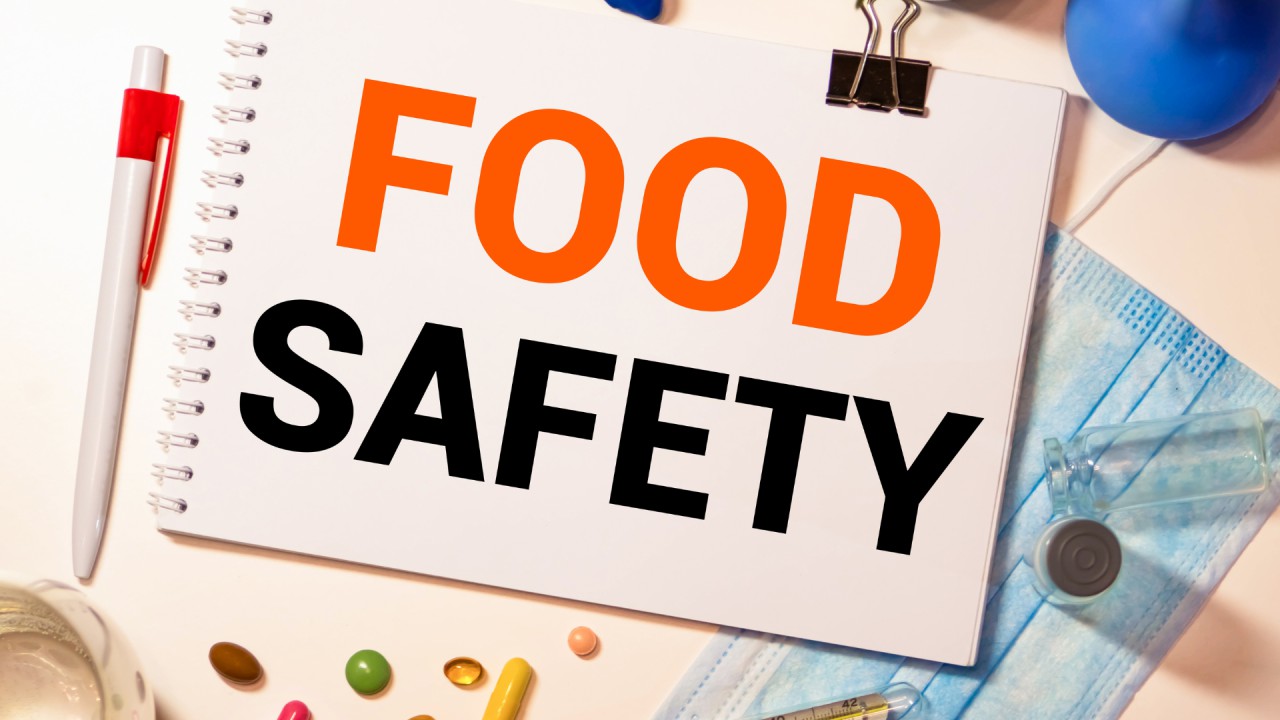


 349,500 Offered Certificates
349,500 Offered Certificates
 24/7 Online Training
24/7 Online Training
 Money Back Guarantee
Money Back Guarantee
 Fully Accredited Courses
Fully Accredited Courses

Created at: 26-02-2025 12:33
In today's competitive food industry landscape, compliance with food safety regulations is not just a legal obligation; it is a foundational pillar of consumer trust and business integrity. This is especially true in vibrant cities like Dublin, Cork, Galway, Limerick, Waterford, and Belfast, where the food scene thrives alongside a demand for safety and quality. One of the most effective ways to enhance food safety in your business is through HACCP (Hazard Analysis and Critical Control Points) training and certification.
HACCP is a preventive approach to food safety that identifies biological, chemical, and physical hazards in the production process. By implementing HACCP principles, food businesses can ensure the safety of their products, thereby protecting consumers and enhancing their brand's reputation.
Food safety legislation in Ireland requires all food businesses to adhere to HACCP principles. This compliance is not only vital for legal reasons but also helps to minimize foodborne illnesses and contamination risks.
By offering comprehensive HACCP training courses tailored to various sectors, businesses can gain a thorough understanding of food safety laws and regulations, making compliance more manageable. Whether you’re in Dublin's bustling restaurant scene or Cork's thriving food manufacturing sector, staying informed on HACCP guidelines is essential.
Achieving HACCP certification involves several crucial steps:
With the rise in online education, many businesses are considering online HACCP training options. Online HACCP certification is convenient and flexible, allowing staff to learn at their own pace. However, in-person training offers interactive engagement and real-time Q&A sessions, beneficial for diverse learning styles.
The choice between online and in-person training depends on your business's unique needs and preferences.
Even with a solid HACCP plan, violations can occur. Common pitfalls include:
Prevention involves continuous training and regular reviews of your HACCP plan, ensuring that all employees understand their roles in maintaining safety.
In the dynamic landscape of food service and manufacturing in Ireland, implementing HACCP training can elevate your food safety standards and enhance compliance with existing regulations. By investing in HACCP certification, you not only protect your customers but also position your business as a leader in food safety.
Ready to ensure your food safety compliance? Explore our comprehensive HACCP Training Courses today and safeguard the future of your food business. For more information, contact us at [email protected].